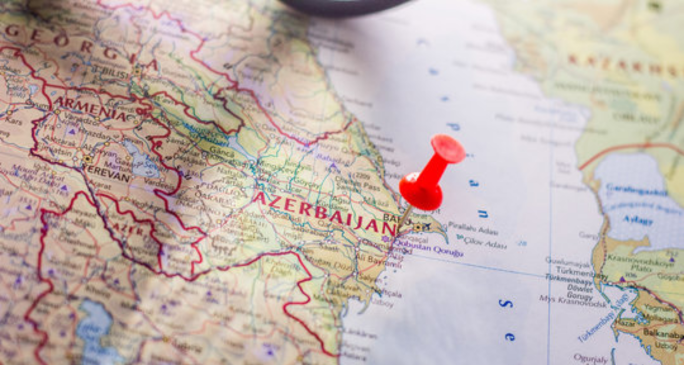Azerbaijan's victory defies international inertia and reshapes geopolitics

As time passes, Azerbaijan’s military and political success in the Garabagh conflict stands out not just as a decisive victory over Armenia but as a pacesetter for similar conflicts worldwide. Its overwhelming success is undeniable—even Russia, Armenia’s major ally and one of its biggest sponsors, cannot refute it. On the contrary, Russia acknowledges that this victory could set a precedent for other conflicts. The words of Vladimir Medinskiy, an aide to the Russian President, cannot be interpreted otherwise.
To put this into perspective, the incompetence of the UN and other major organizations has set the stage for irredentist policies. Confident that they will face no consequences, some countries invade their neighbors’ territories, turning them into disputed regions. Unfortunately, dozens of 'disputed territories' exist worldwide due to the failure of major international organizations, originally established to prevent such crises, and the double standards of powerful nations. Moreover, such conflicts have allowed powerful nations to interfere in the domestic politics of regional countries. That is why none of these conflicts have been resolved—except Garabagh.
From the outset, many believed that the Garabagh conflict would be no exception. Even Armenia’s first President, Levon Ter-Petrosyan, drew parallels between the Garabagh conflict and others in his speech when Azerbaijan’s Agdam was invaded by Armenian military forces. He deliberately stated that he did not care whether the world accepted the invasion of Garabagh or not. He was certain that the resolution of the conflict would be prolonged, which ultimately played into Armenia’s hands.
Time has proven Ter-Petrosyan and his masterminds—primarily Russia—wrong. Despite the long wait, Azerbaijan achieved a decisive victory and liberated its lands after 30 years. Today, Armenia finds itself at an impasse, while Russia—one of the masterminds behind this deceptive plan—stands stunned. Their strategy has failed because a precedent now exists, and aggressor nations fear meeting Armenia’s fate.
In fact, Medinskiy openly admitted this fear in his latest interview: What if, in a few years, Ukraine follows Azerbaijan’s example and liberates its occupied territories?
Medinskiy’s words also reveal another key issue. For years, Armenia has leaned on the principle of self-determination, claiming that the Garabagh issue was unrelated to Armenia and that the Armenians in Garabagh had supposedly risen up independently. These fabrications were presented to the world as fact. Now, Moscow is attempting to push similar falsehoods.
This geopolitical shift marks a turning point in international conflict resolution. Azerbaijan's triumph serves as a powerful example that territorial disputes, even those long entrenched, are not necessarily permanent. It underscores that perseverance, strategic diplomacy, and military capability can lead to decisive outcomes, challenging decades-old assumptions about frozen conflicts.
Moreover, this victory disrupts the status quo for aggressor nations that previously relied on extended occupations and international indecision to maintain control over disputed territories. The fear Medinskiy expressed suggests that countries like Russia now recognize that unresolved conflicts might not remain stagnant forever. Ukraine, for instance, could draw inspiration from Azerbaijan’s success and apply similar strategies to reclaim its occupied regions.
Beyond the battlefield, the implications for global diplomacy are profound. The failure of major international organizations to effectively address territorial disputes raises questions about their relevance and effectiveness in maintaining global stability. If Azerbaijan's example prompts other nations to pursue justice despite international inaction, it may force global powers to rethink their approach to conflict mediation and resolution.
This precedent is not merely a regional shift; it is a global lesson in sovereignty and resilience. Azerbaijan has proven that perseverance can rewrite history, challenging aggressors and inspiring nations facing similar struggles. Azerbaijan’s victory not only reshapes its own future but challenges the foundations of international conflict resolution, proving that persistence and rightful determination can overcome stagnation and diplomatic inertia. As the world watches, nations facing similar struggles may begin to reconsider their strategies, knowing that history favors those who refuse to surrender their sovereignty.
Here we are to serve you with news right now. It does not cost much, but worth your attention.
Choose to support open, independent, quality journalism and subscribe on a monthly basis.
By subscribing to our online newspaper, you can have full digital access to all news, analysis, and much more.
You can also follow AzerNEWS on Twitter @AzerNewsAz or Facebook @AzerNewsNewspaper
Thank you!

